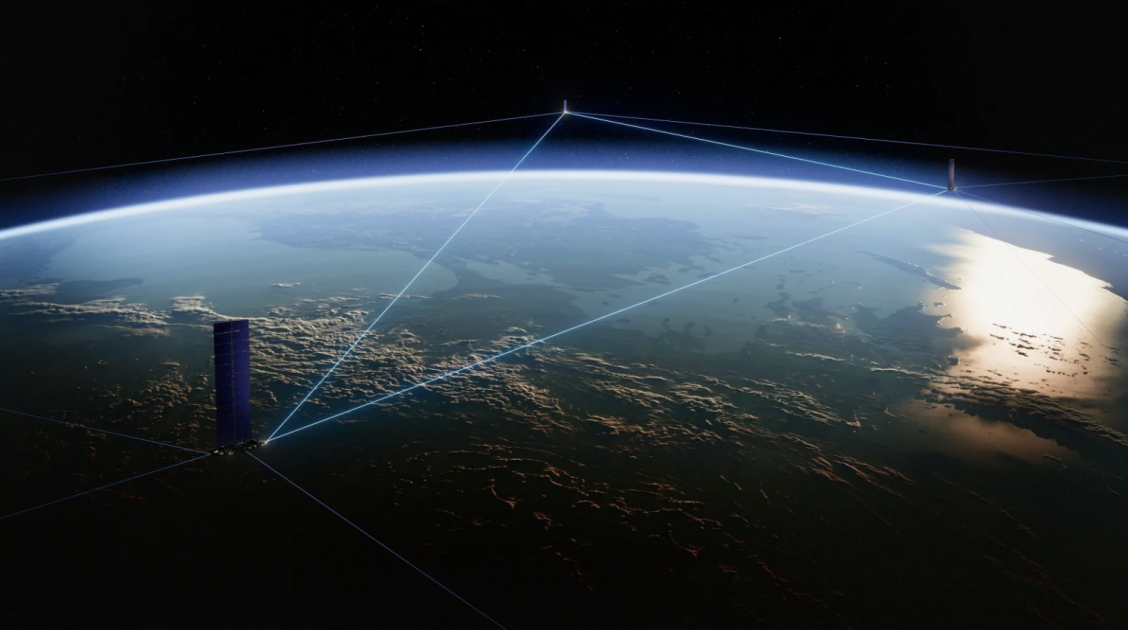SpaceX’s laser system for Starlink is delivering over 42 petabytes of data for customers per day, an engineer revealed today. That translates into 42 million gigabytes. Each of the 9,000 lasers in the network is capable of transmitting at 100Gbps, and satellites can form ad-hoc mesh networks to complete long-haul transmissions when there are no ground towers nearby (like when they’re going across oceans).
I use Starlink because I only have one other satellite competitor in my area, which I used to rely on. Previously, I had a 500GB limit and only 15-25mbps on any given day. Now, I have unlimited data and get 35mbps-70mpbs on any given day. Often above 50mbps.
It’s cheaper, it’s faster, and it’s easier to manage/setup/move/etc.
I think Elon is an idiot. I don’t even like that I have to use satellite internet. America used to have programs to build infrastructure like fiber optics across the nation for everyone. Our ability to service each other has diminished so greatly that it’s easier for me to connect to a satellite than it is to crowd source laying cables in my area.
It’s way faster, cheaper, and reliable to just dig trenches and lay cable. But Starlink provides me with something I can use for remote work, entertainment, and communication. It’s a decent product. I just think it’s like solving a drought by melting the ice caps.
That’s cool but we already know if the area you are using it in becomes a warzone and “free speech absolutists” aka right wing extremists don’t like whoever is using it, then it will get turned off.
Right wing extremists AKA christofascists?
I’m on a cruise ship trying Starlink for the first time and it’s impressive. I haven’t tried anything yet that requires low latency like gaming but websites and video streaming are all fast and responsive.
It’s less than 50 milliseconds generally. Low earth orbit and all. I don’t know that I want to join an FPS tournament on it, but there are worse landlines in existence
That’s when there’s a ground station in view of the Starlink satellite. The laser links add latency, but it’s still a hell of a lot faster than GEO satellites.
For comparison, an average trans Atlantic submarine cable is about 0.1 petabit PER SECOND. And there are many cables…
It’s less impressive when you convert back to petabytes. When you do that starlink is “only” about 20 times slower than that single trans-atlantic cable.
Interestingly, it’s possible that starlink routed ping times could be less, as propagation speed on fiber is only around 2/3rds the speed of light. So if the end to end path length is roughly equivalent between the two (and LEO radius is a relatively small addition to the radius of the earth) it could be faster.
Certain companies would pay a lot of money to be a few milliseconds faster than their competitors if they need to react quickly to foreign stock market fluctuations.
Please keep in mind that it is an average cable, that exists today, the new ones are faster. This is also under sea, where the traffic is smaller than on continent. Also, this is just one cable as opposed to the whole network. Overall, the starlink traffic is tiny.
42 Petabytes
So it was Musk who was the pedo all along
(Yes this is a terrible pun)
Here is an alternative Piped link(s):
https://piped.video/eSJ8XPnJK1o?si=ThwzKOFWHKQfqMj
Piped is a privacy-respecting open-source alternative frontend to YouTube.
I’m open-source; check me out at GitHub.








